Unity announces plans to charge developers a fee based on game installs
by Danny Craig ·
Updated

Unity
Unity has announced that developers who use its engine will now have to pay a fee based on the number of times a game is installed by players, which has sparked outrage among indie developers. The company has now responded, attempting to clarify how the policy will be implemented.
The details:
- Unity, the company behind the same-named game engine, has announced that beginning January 1, 2024, developers will be required to pay a "Unity Runtime Fee" for games that reach a certain number of installs and generate revenue.
- Those who have released games with Unity Personal and Unity Plus licenses, for example, will be required to begin paying $0.20 per install if their game has generated more than $200,000 in revenue in the previous 12 months and has 200,000-lifetime game installs. Due to the higher cost of the licenses, Pro and Enterprise users will pay lower fees based on the number of lifetime installs that exceed a threshold of one million.
- The announcement sparked outrage in the development community, with many claiming that the fee is unfair to users and that it could be abused by people installing and uninstalling games to rack up fees for the developer. Some studios are considering porting their games to other engines such as Unreal, whereas others, such as Cult of the Lamb developer Massive Monster, plan to pull their games from the market before the new year.
- Since the backlash, Unity has changed the policy to address some of the community's concerns, with executive Marc Whitten revealing that only the first install of a game would count toward the fee. Installs of the same game on two different devices will continue to count separately. Demos and games from "qualifying charities" will also be exempt, and distributors like Microsoft will be responsible for paying the fee for titles on services like Game Pass.
More gaming news:
- NBA 2K24 is now the second lowest-rated game on Steam, trailing only Blizzard's Overwatch 2. Fans have slammed the PC release for being a port of the game's last-gen version, which has lower-quality visuals and lacks the multiple game modes found in the PlayStation 5 and Xbox Series X/S versions.
- The next Mass Effect will reportedly abandon the open-world design of Mass Effect Andromeda and return to the series' original linear narrative style, according to sources. The game is still in pre-production, so this may change in the future, but the poor reception of Andromeda is likely to have played a role in the decision.
Featured Jobs
More Jobs
Game Operations Associate (Esports)
 1v1Me
1v1Me
🌎
Remote (USA)
UI/UX Game Designer
 Fresh Vintage
Fresh Vintage
🌎
Remote (Anywhere)
Gameplay Design Intern
 Epic Games
Epic Games
🇺🇸
Cary, NC, USA
Customer Support Champion
 DatHost
DatHost
🌎
Remote (Europe)
Associate QA Tester: Compliance (Night Shift)
 Rockstar Games
Rockstar Games
🇬🇧
Lincoln, UK
Creator Outreach Associate Contractor (Afternoon Shift)
 Twitch
Twitch
🌎
Remote (USA)
+ 3 more
Latest News
More News
-
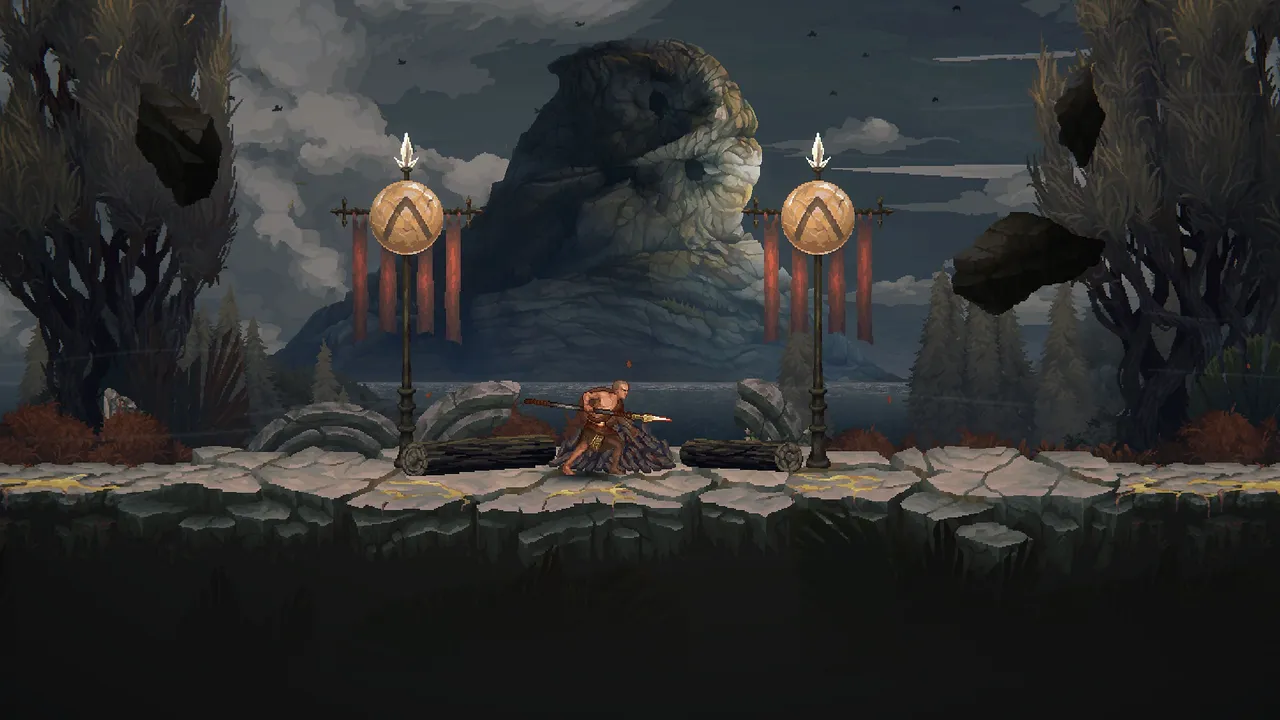 God of War creator criticizes new 2D action title Sons of Sparta
God of War creator criticizes new 2D action title Sons of Sparta -
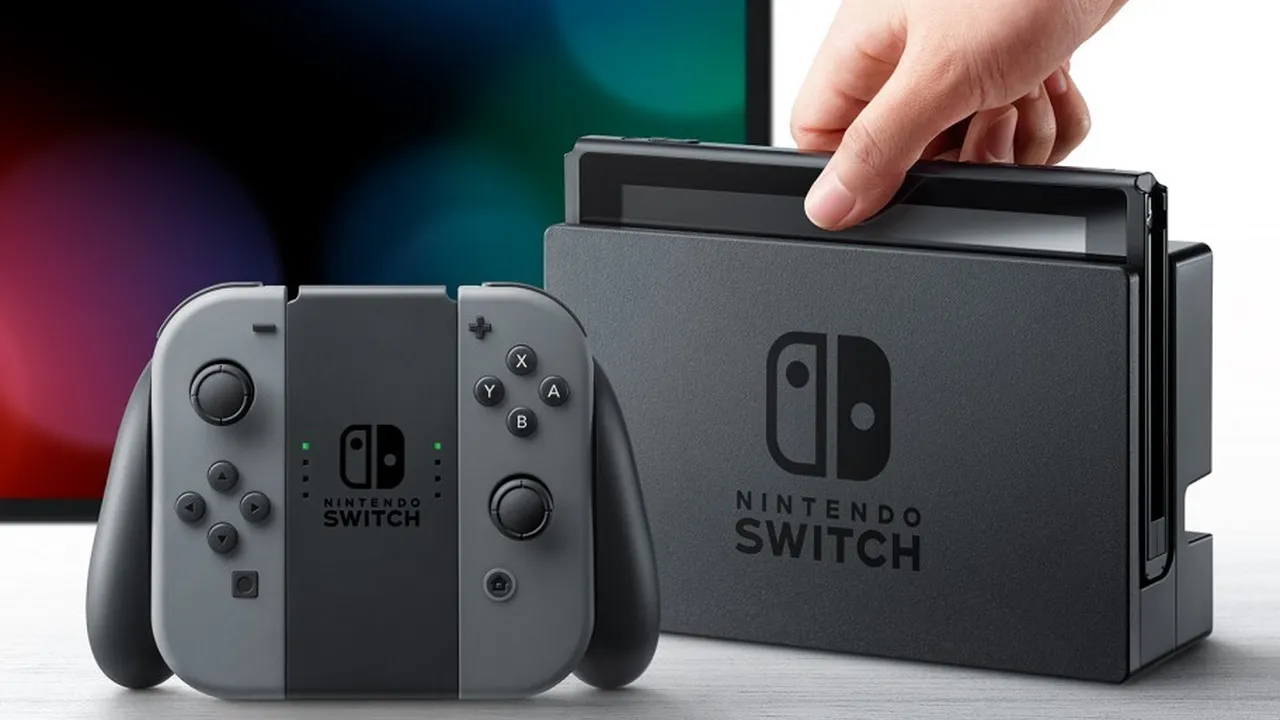 Nintendo continues war against Switch emulators with several new DMCA takedowns
Nintendo continues war against Switch emulators with several new DMCA takedowns -
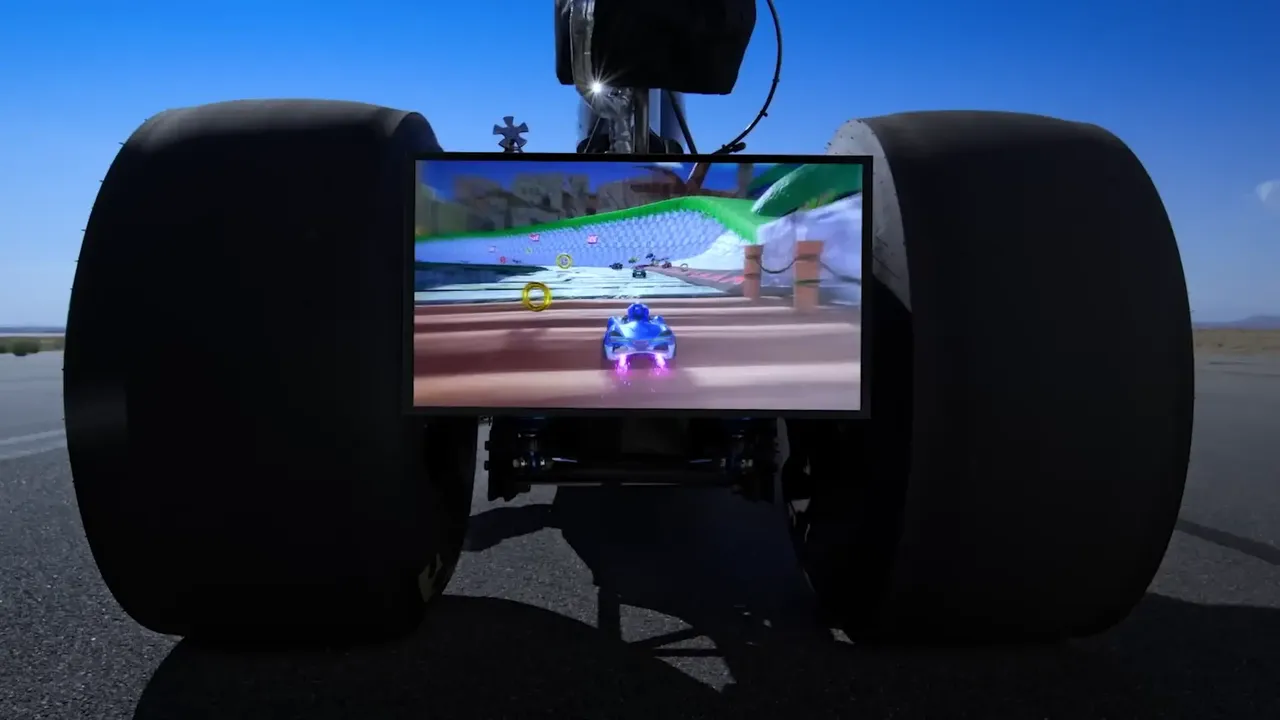 Former Sega president and console designer Hideki Sato has passed away
Former Sega president and console designer Hideki Sato has passed away -
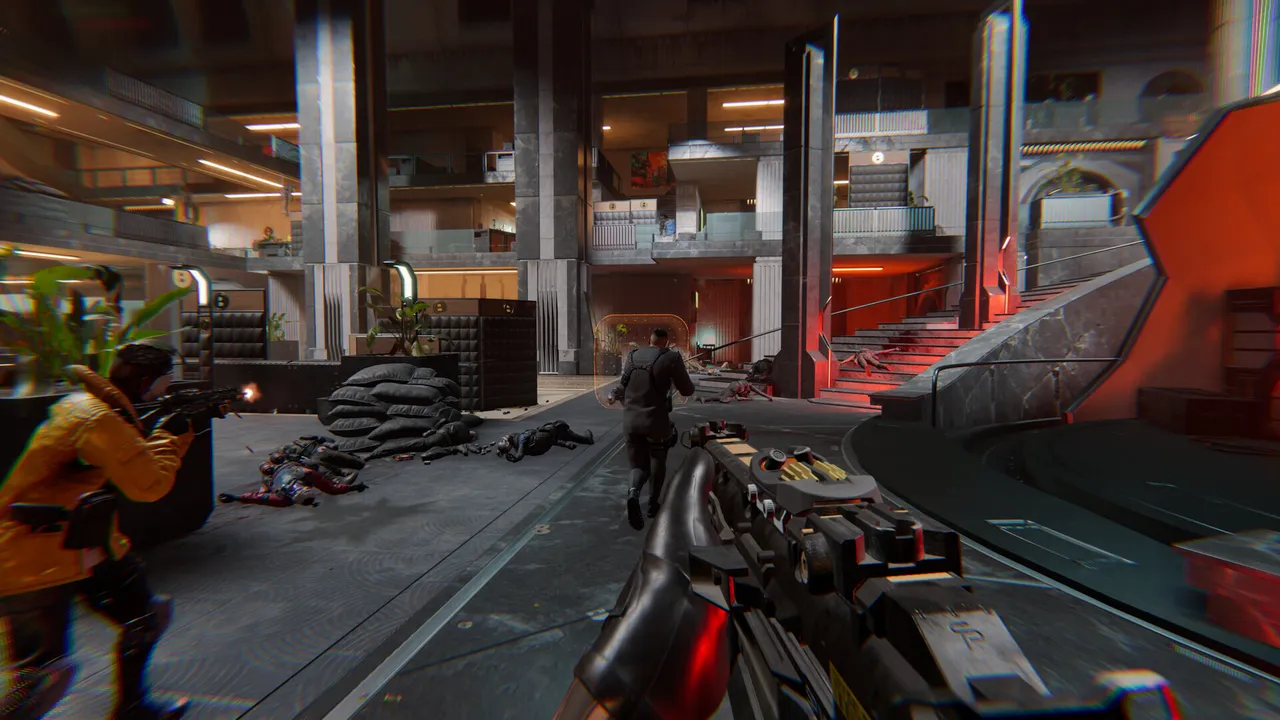 Den of Wolves developer 10 Chambers announces a "large number" of layoffs, including several studio co-founders
Den of Wolves developer 10 Chambers announces a "large number" of layoffs, including several studio co-founders -
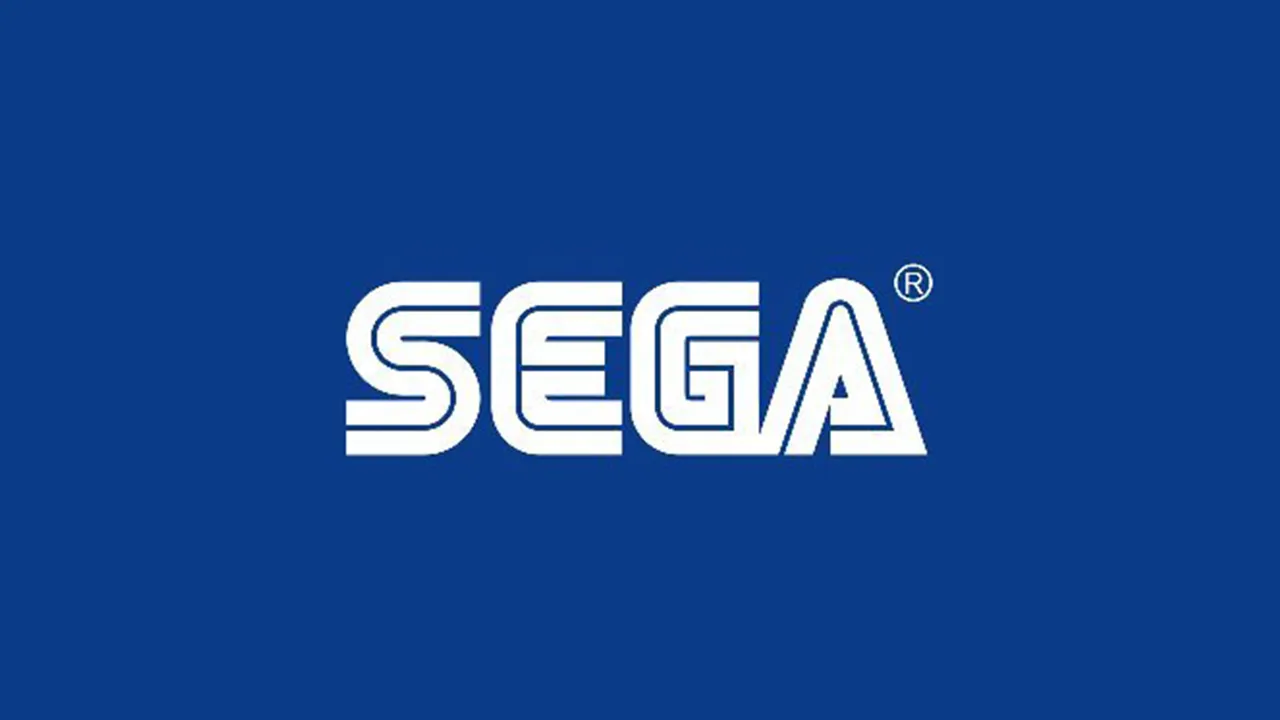 Sega confirms $200 million Rovio write-down as it prepares to release four major titles
Sega confirms $200 million Rovio write-down as it prepares to release four major titles -
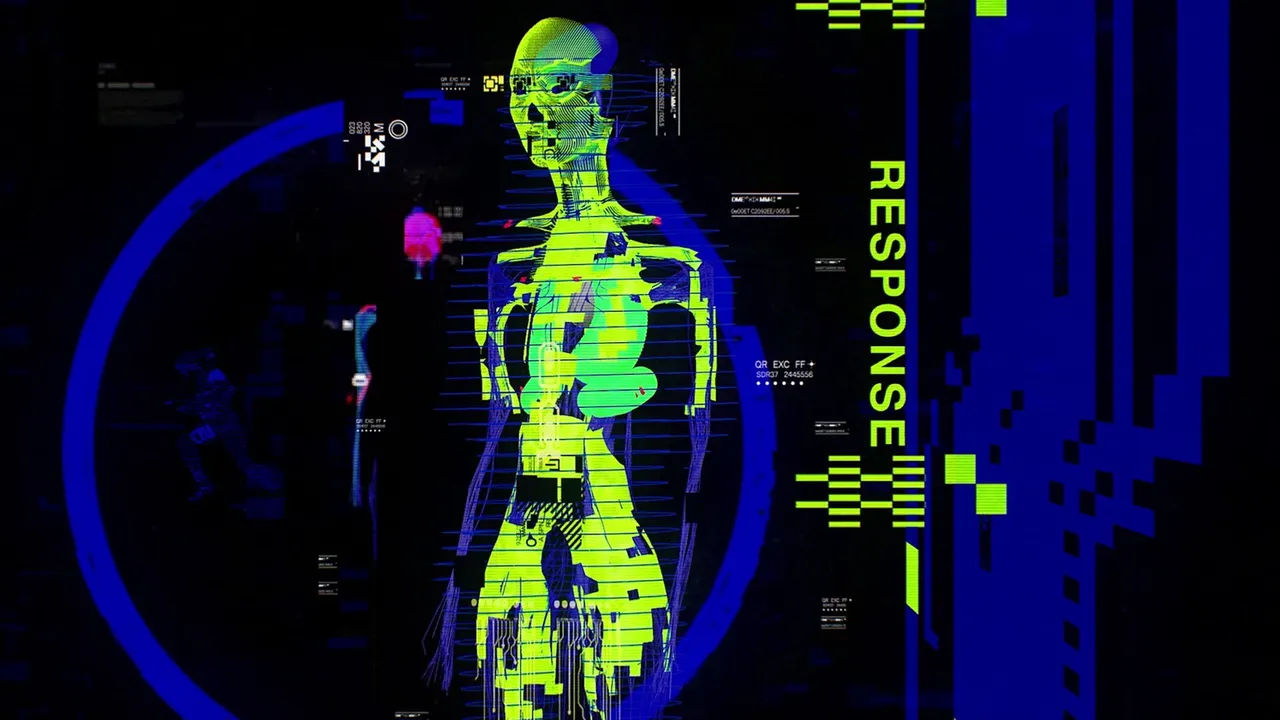 Bungie announces free Marathon "Server Slam" preview weekend ahead of launch
Bungie announces free Marathon "Server Slam" preview weekend ahead of launch -
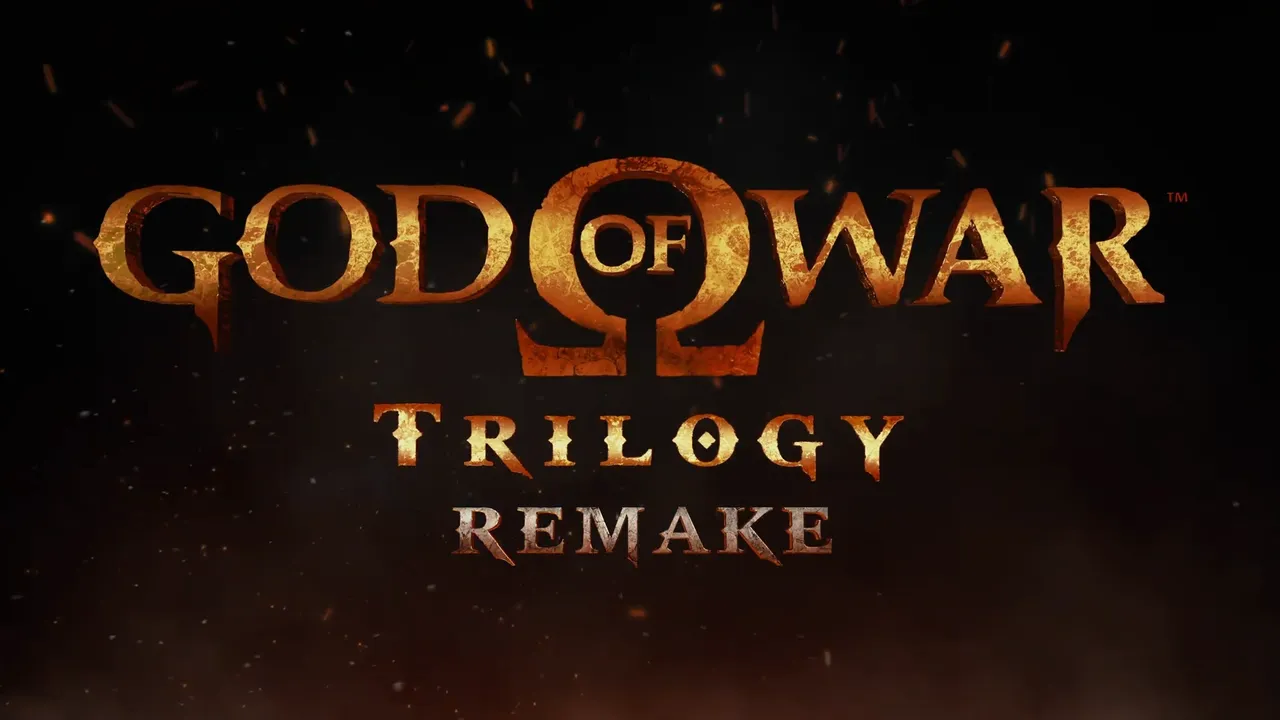 PlayStation announces God of War Trilogy remake and shadow drops new 2D title
PlayStation announces God of War Trilogy remake and shadow drops new 2D title -
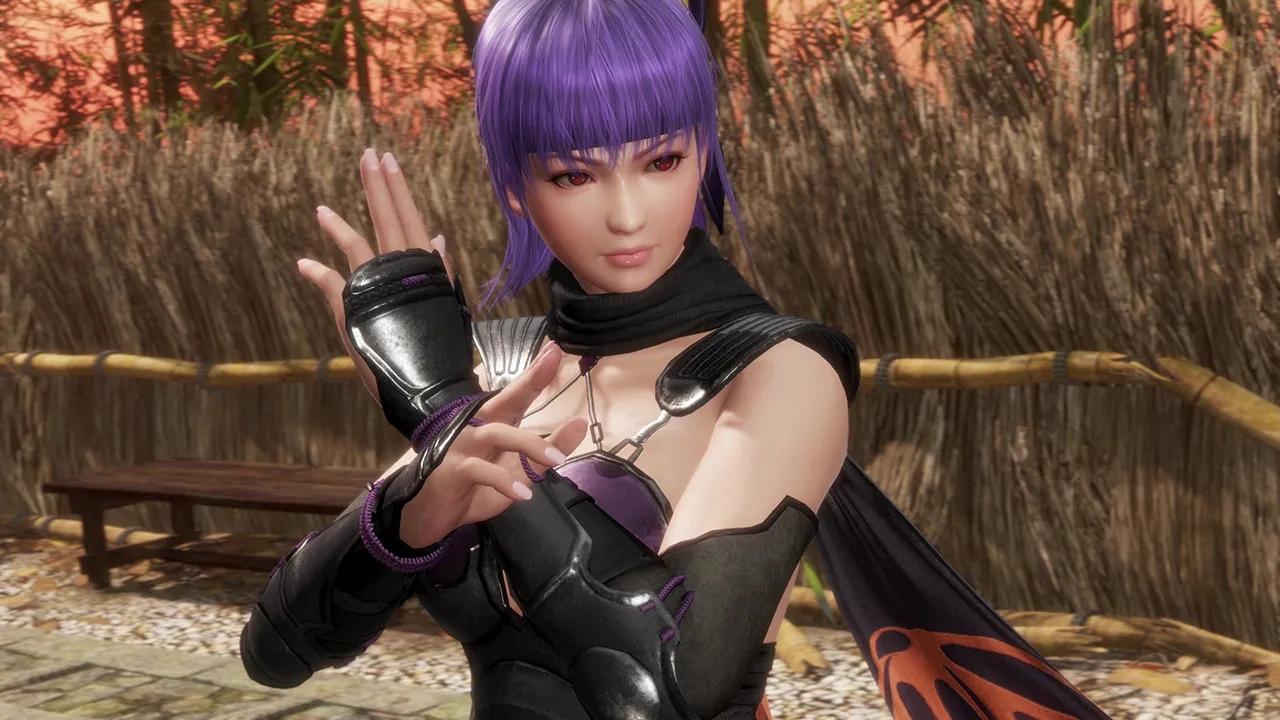 A new Dead or Alive game is officially in development, Dead or Alive 6: Last Round arrives in June
A new Dead or Alive game is officially in development, Dead or Alive 6: Last Round arrives in June -
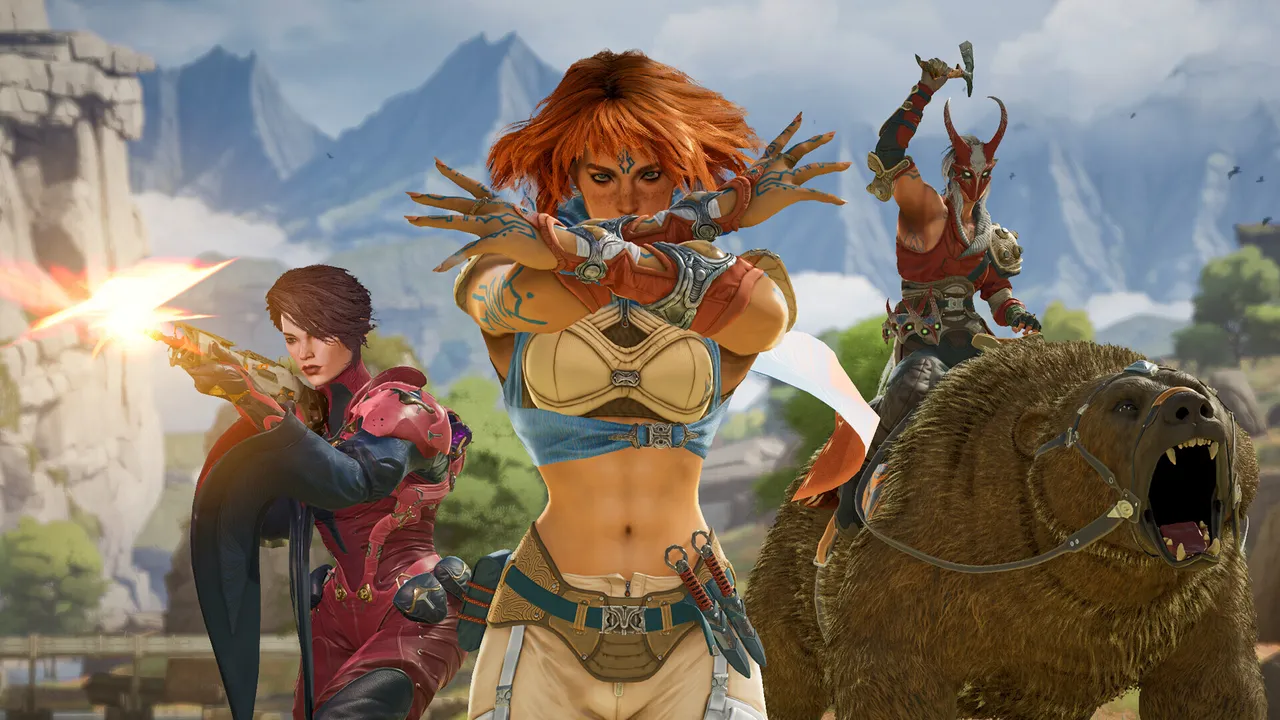 Wildlight Entertainment lays off "most of" Highguard team weeks after launch
Wildlight Entertainment lays off "most of" Highguard team weeks after launch -
 Arc Raiders had almost 1 million concurrent players and 14 million sales last month, Nexon reveals
Arc Raiders had almost 1 million concurrent players and 14 million sales last month, Nexon reveals -
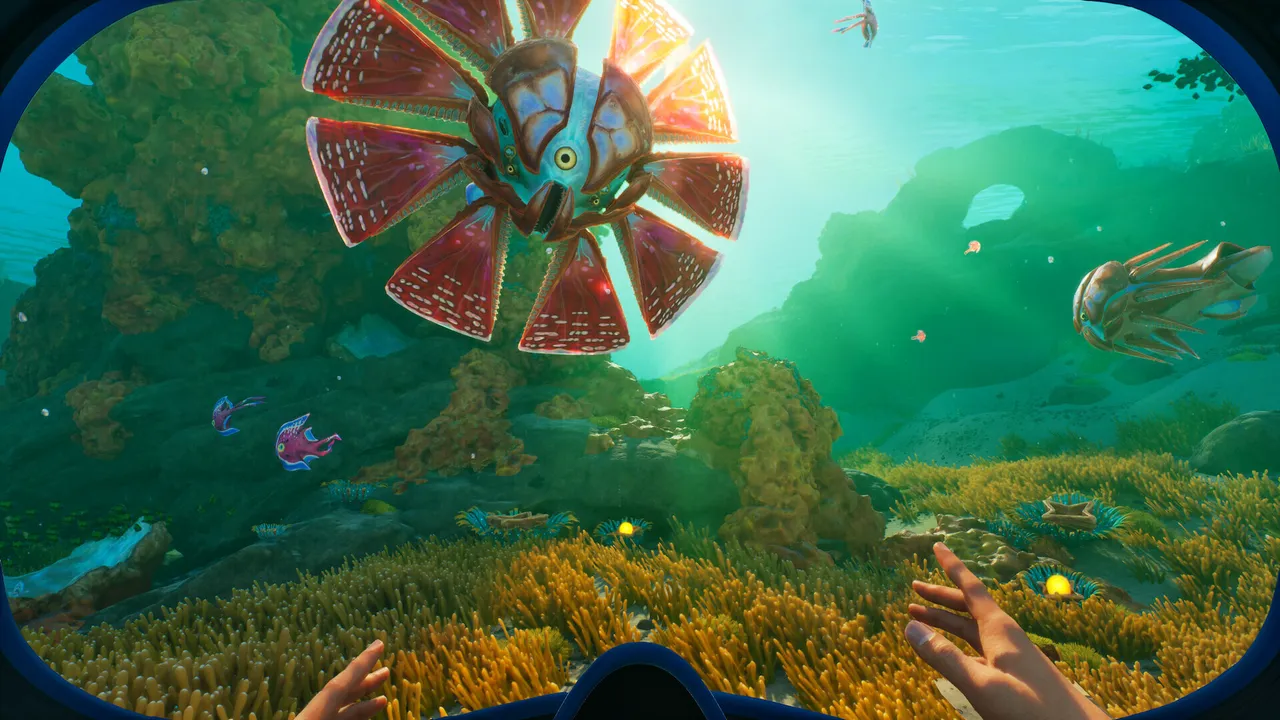 Subnautica and Below Zero Surface are receiving Nintendo Switch 2 upgrades later this month
Subnautica and Below Zero Surface are receiving Nintendo Switch 2 upgrades later this month -
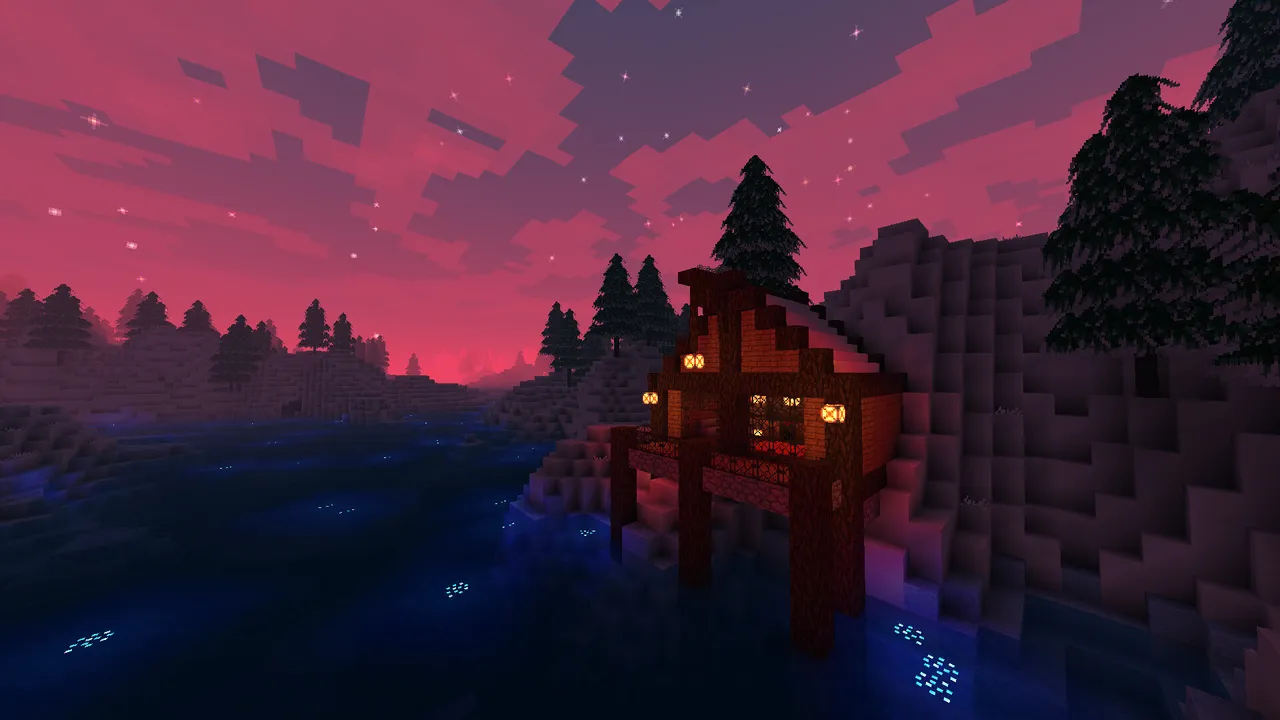 Microsoft briefly pulls Minecraft-like indie "Allumeria" from Steam before reversing DMCA takedown
Microsoft briefly pulls Minecraft-like indie "Allumeria" from Steam before reversing DMCA takedown